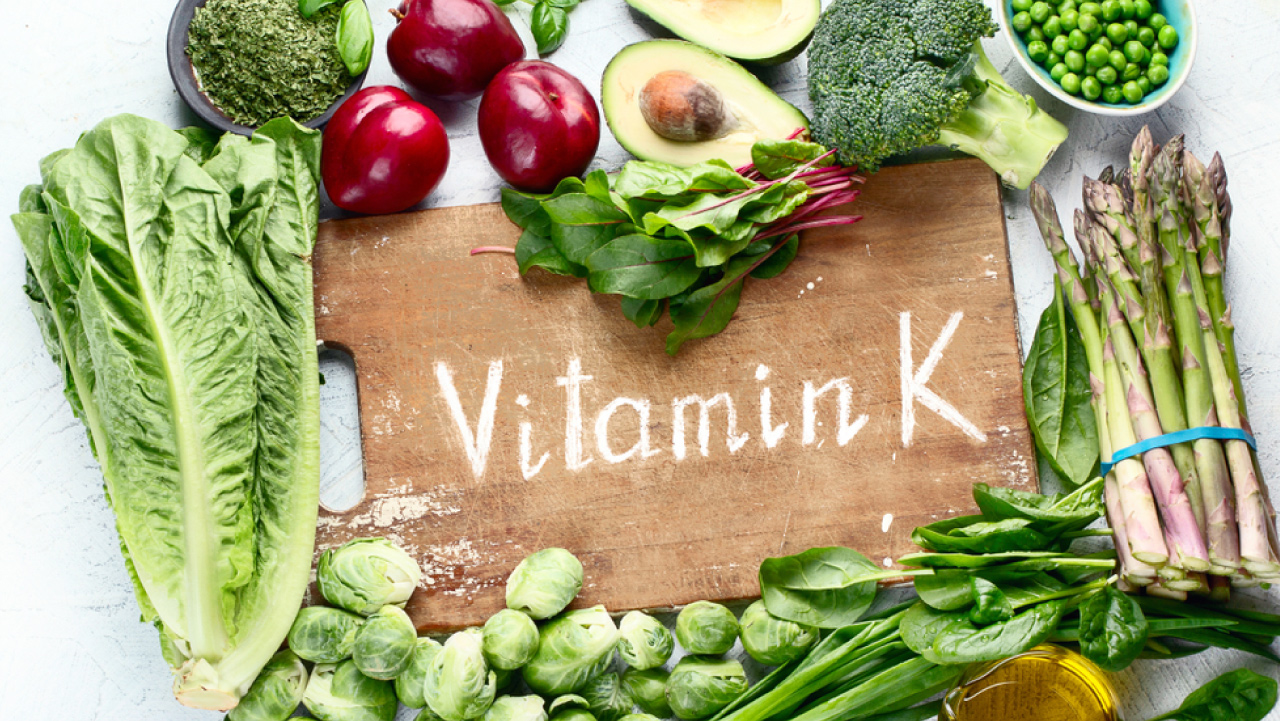Vitamin K is an essential nutrient that plays a crucial role in blood clotting, bone health, and other bodily functions. Incorporating sufficient Vitamin K into your diet can promote overall wellness. This guide will help you understand Vitamin K, its types, sources, recommended intake, and practical tips to enhance your Vitamin K intake.
Table of Contents
- Understanding Vitamin K
- Types of Vitamin K
- Benefits of Vitamin K
- Recommended Daily Intake
- Natural Sources of Vitamin K
- Cooking and Vitamin K
- Supplements and Vitamin K
- Health Conditions and Vitamin K
- Special Considerations
- FAQs about Vitamin K
Understanding Vitamin K
Vitamin K is a fat-soluble vitamin that exists in two main forms: Vitamin K1 (phylloquinone) and Vitamin K2 (menaquinone). It is primarily known for its role in blood clotting, but it also supports bone health and may have other important functions in the body.
Types of Vitamin K
Vitamin K1 (Phylloquinone):
- Found in leafy green vegetables like spinach, kale, and broccoli.
- Main dietary source of Vitamin K.
Vitamin K2 (Menaquinone):
- Found in fermented foods, animal products, and synthesized by gut bacteria.
- Plays a role in bone metabolism and cardiovascular health.
Benefits of Vitamin K
- Blood Clotting: Essential for the synthesis of clotting factors.
- Bone Health: Helps in bone mineralization and reducing the risk of fractures.
- Heart Health: May contribute to cardiovascular health by preventing arterial calcification.
- Brain Function: Emerging research suggests a potential role in cognitive function.
Recommended Daily Intake
- Adults: The recommended daily intake varies by region and age group. Generally, for adults, it ranges from 90 to 120 micrograms per day.
- Children: Specific recommendations vary with age; consult pediatric guidelines for accurate dosing.
Natural Sources of Vitamin K
Vitamin K is primarily found in green leafy vegetables, oils, and some animal products. Here are some common sources:
- Leafy Greens: Spinach, kale, collard greens, Swiss chard.
- Vegetables: Broccoli, Brussels sprouts, asparagus.
- Oils: Soybean oil, olive oil.
- Fermented Foods: Natto (fermented soybeans), sauerkraut, cheese.
- Animal Products: Liver, egg yolks.
Cooking and Vitamin K
- Preservation: Vitamin K can be sensitive to heat and light. To preserve its content, cook vegetables lightly or steam them.
- Enhancement: Pair Vitamin K-rich foods with healthy fats like olive oil to enhance absorption.
Supplements and Vitamin K
- Considerations: Supplements are available for both Vitamin K1 and K2.
- Consultation: Consult with a healthcare provider before starting supplements, especially if you are on blood-thinning medications.
Health Conditions and Vitamin K
- Blood Thinners: Individuals on anticoagulants should monitor Vitamin K intake to maintain consistent blood clotting levels.
- Osteoporosis: Adequate Vitamin K intake may support bone health and reduce the risk of fractures.
Special Considerations
- Pregnancy and Nursing: Adequate Vitamin K is important for fetal development and breastfeeding.
- Vegetarian and Vegan Diets: Plant-based sources of Vitamin K (K1) are plentiful in vegetarian diets; consider supplementation if needed.
FAQs about Vitamin K
What are the symptoms of Vitamin K deficiency?
Vitamin K deficiency may lead to excessive bleeding, easy bruising, and poor bone health.
Can Vitamin K be toxic?
Excessive intake of Vitamin K from food sources is unlikely to cause toxicity. However, high-dose supplements may interact with certain medications.
How does Vitamin K interact with medications?
Vitamin K can interact with blood-thinning medications like warfarin; monitor intake consistently.
Are there natural ways to increase Vitamin K absorption?
Consuming Vitamin K-rich foods with healthy fats can enhance absorption. Additionally, cooking methods that preserve Vitamin K content, like light steaming, can be beneficial.
Is there a risk of Vitamin K deficiency in infants?
Newborns may have low Vitamin K levels; hence, Vitamin K injections are often given at birth to prevent bleeding disorders.
Can Vitamin K help with bone health?
Yes, Vitamin K supports bone mineralization and reduces the risk of fractures, especially when combined with Vitamin D and calcium.
Are there any lifestyle factors that can affect Vitamin K levels?
Smoking and excessive alcohol consumption may reduce Vitamin K absorption and utilization in the body.
What role does Vitamin K play in cardiovascular health?
Vitamin K may help prevent arterial calcification, which is beneficial for heart health.
Are Vitamin K supplements necessary if I eat a balanced diet?
For most people, a balanced diet rich in Vitamin K sources is sufficient. Supplements are recommended only in specific cases or under medical supervision.
How can I know if I’m getting enough Vitamin K?
Regular blood tests can measure your Vitamin K levels, but maintaining a diverse diet with Vitamin K-rich foods is generally adequate.
- Dermal Fillers Near Dorking, Surrey – May 6, 2025
- Crows Feet Treatment Near Dockenfield, Surrey – May 5, 2025
- Chin Augmentation With Chin Filler Near Whyteleafe, Surrey – May 4, 2025


